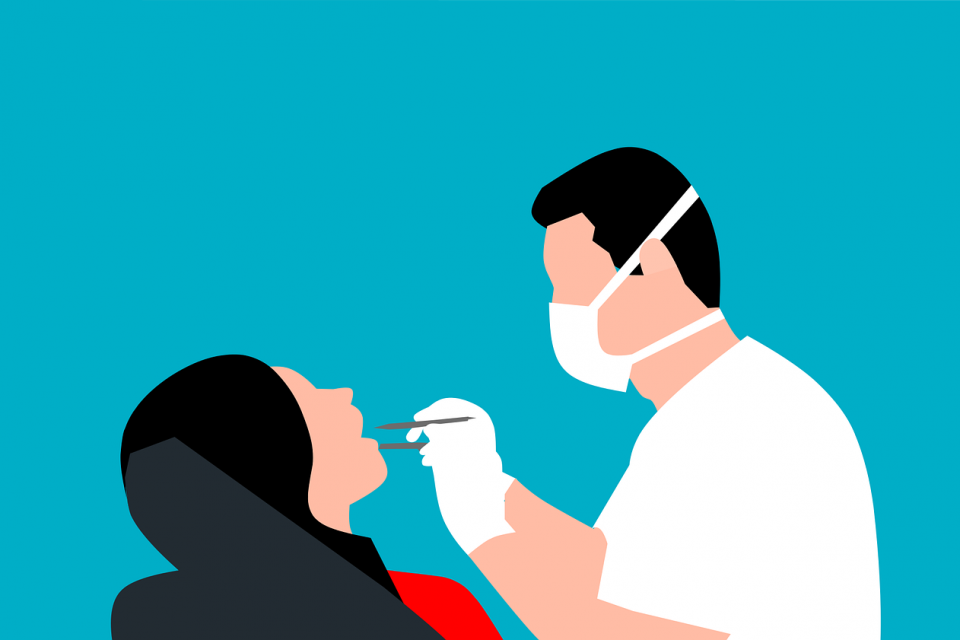If you missed Part 1 of this series, you can find it at www.thetowncommon.com.
I ended last week with a statement that I have used numerous times before – just because it doesn’t hurt doesn’t mean there isn’t a problem. We keep learning more and more about the link between the mouth and the rest of the body. It is essential that dentists and physicians do a better job at co-managing patients, and learn more about the relationship between oral and systemic disease.
It is clear that if you want to take better care of yourself, you need to take better care of your mouth. Familial history is very important. If you know of any family history of dental problems, you are at higher risk. Higher risk individuals need to be treated differently, and may need a more aggressive preventive protocol to help ward off progression of disease. In addition, an otherwise healthy person who presents with a sudden increase in gum inflammation should possibly be evaluated by their physician to rule out any systemic causes if there is not a simple explanation for the change.
Salivary biomarkers are among the tools being researched to help determine the particular disease path that a person is on. Although in their infancy, this precision approach to the prevention and treatment of periodontal disease accounts for variability in a person’s genes, environment, and lifestyle. Because it is more personalized to the individual, it results in more accurate treatment planning, as well as improved outcomes for the patient.
Considering the aging population, periodontal (gum) disease has the potential to become the most prevalent dental disease in the near future. It is more important than ever for dentists to take the time to develop and incorporate a comprehensive periodontal examination and treatment protocol for adults.
As with most diseases, delaying the treatment of periodontal disease until the advanced stages results in treatment that is more expensive, more complex, and less predictable. Most early to moderate stage disease can be treated in a general dental office if the inflammation is easy to control, the patient doesn’t have numerous systemic issues, and is determined to do their part at home. If all these things have been done without resolution, or if the periodontal disease is more severe, it may be in the patient’s best interest to be referred to a like-minded periodontist. A periodontist is a specialist who treats disease of the gums and bone that support the teeth.
When half of the US population is still affected with periodontal disease, despite decades of research and treatments, something is still missing. That missing key is a more collaborative approach involving, dentists, periodontists and physicians.
….and remember, just because it doesn’t hurt doesn’t mean there isn’t a problem. To be continued.
Dr. St. Clair maintains a private dental practice in Rowley and Newburyport dedicated to health-centered family dentistry. He has a special interest in treating sleep apnea and TMJ problems. If there are certain topics you would like to see written about or questions you have please email them to him at jpstclair@stclairdmd.com



